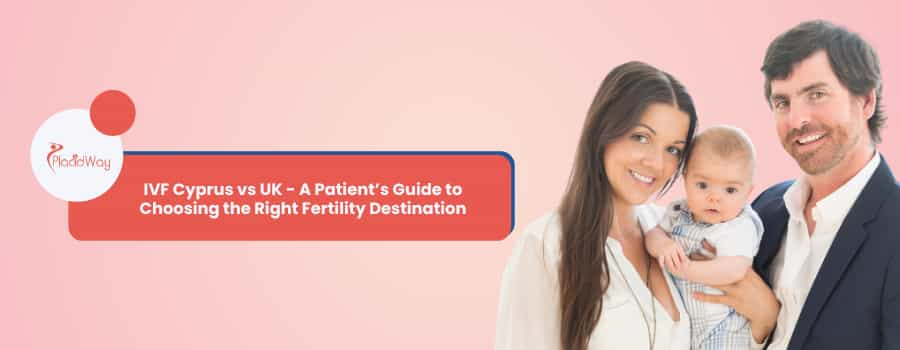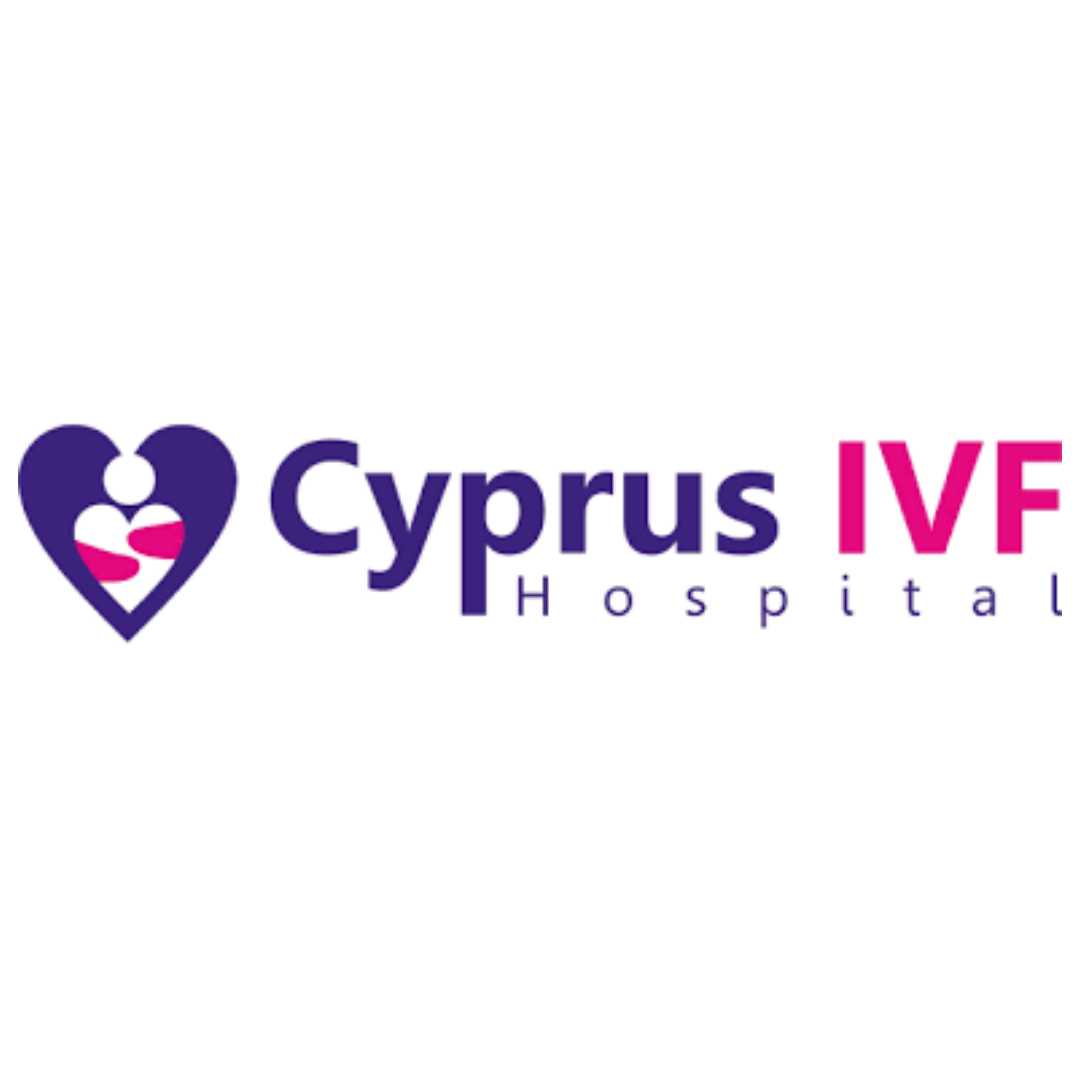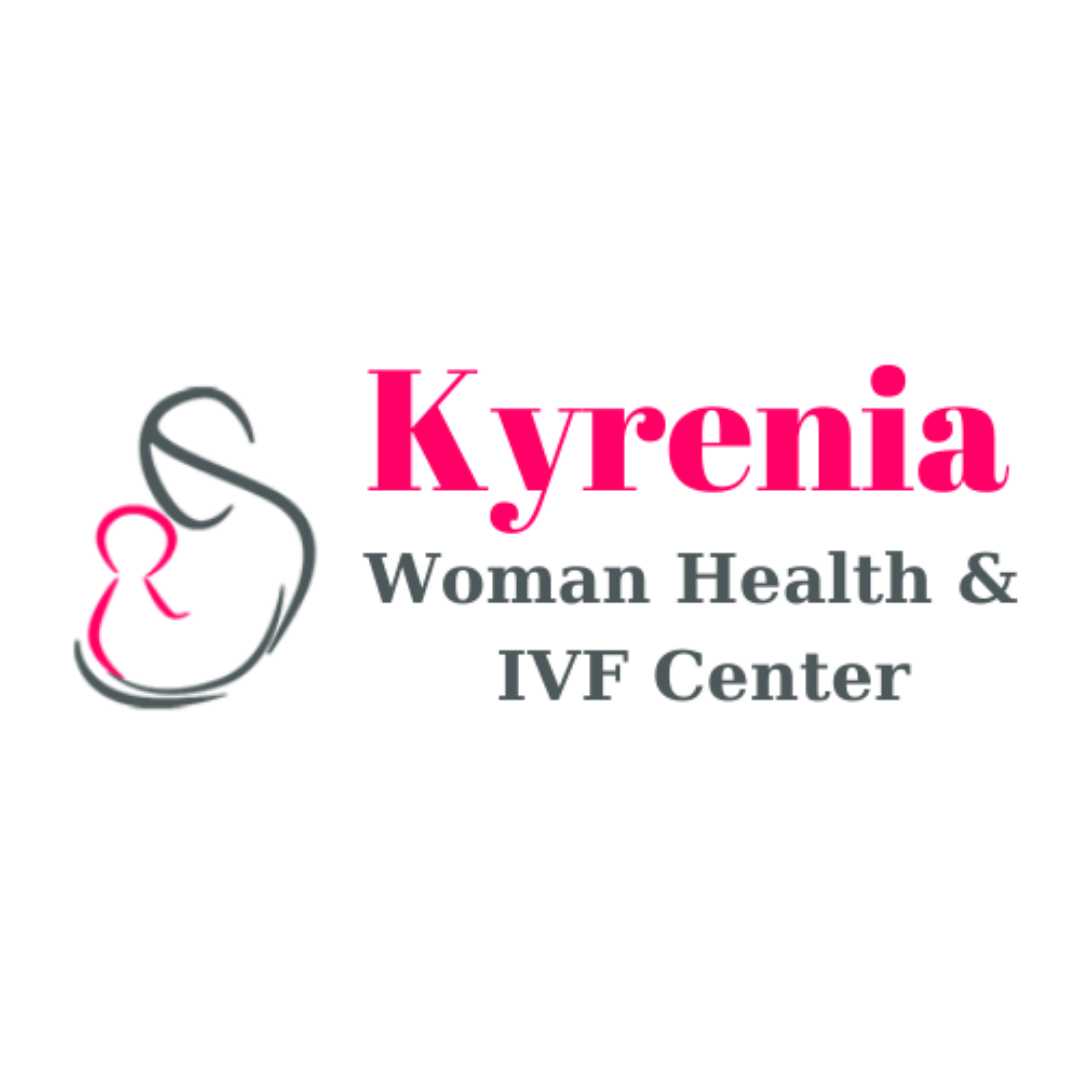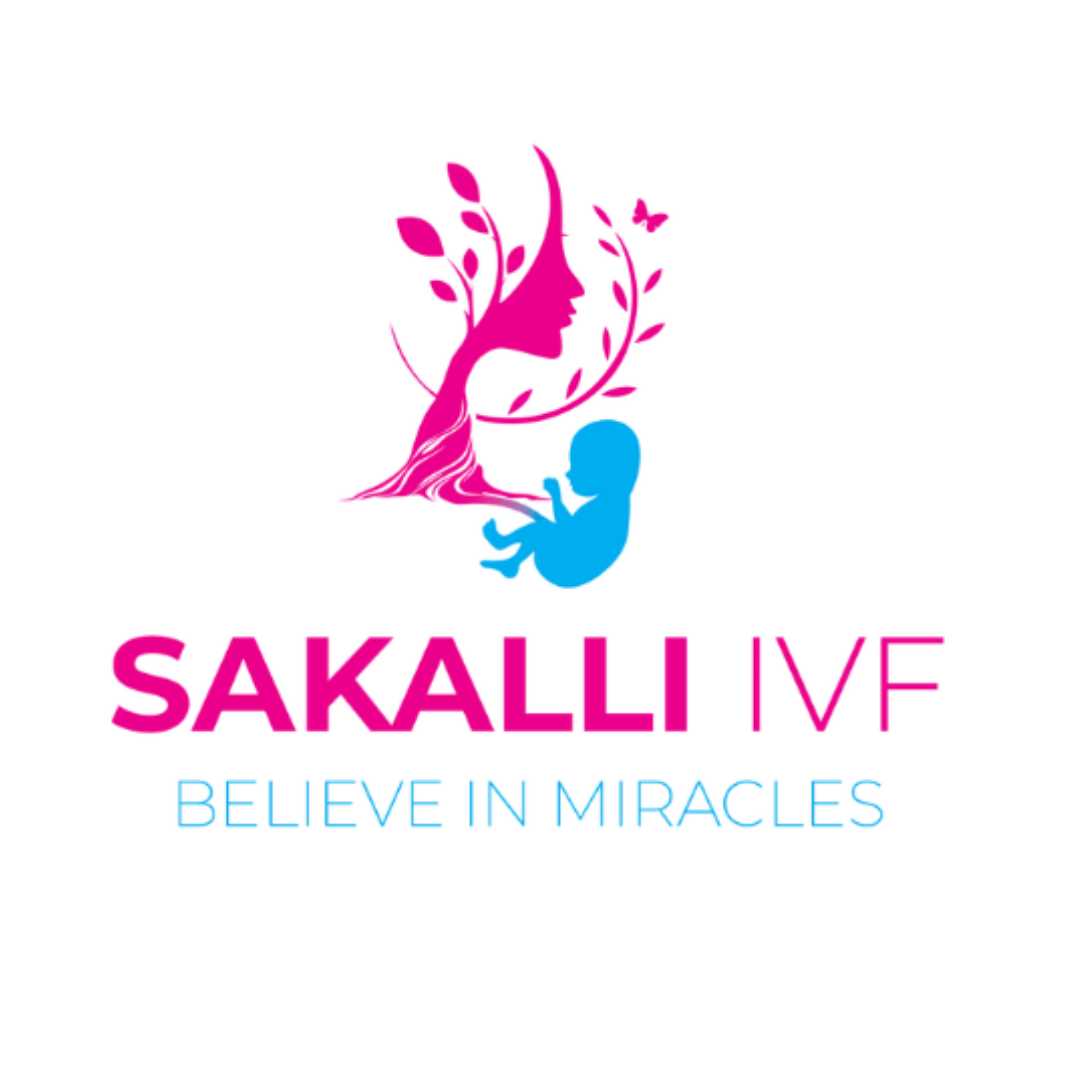
Navigating the complex world of fertility treatment requires careful consideration of many factors, from medical expertise and success rates to legal frameworks and financial implications. For countless individuals and couples seeking to build their families, the choice often comes down to balancing cutting-edge care with affordability and accessibility. This comprehensive guide delves into a detailed comparison of In Vitro Fertilisation (IVF) treatment options in Cyprus and the United Kingdom, offering clarity to help you make the best decision for your unique journey.
Choosing Your Path to Parenthood - IVF in Cyprus or the UK?
The decision to pursue fertility treatment, especially IVF, is profoundly personal and involves significant emotional, physical, and financial investment. Both Cyprus and the UK offer high-quality medical care, but they present very different propositions to prospective parents. The United Kingdom, with its highly regulated healthcare system and the Human Fertilisation and Embryology Authority (HFEA) overseeing all fertility treatments, assures patients of stringent ethical standards and comprehensive legal protections. However, this often comes with substantial costs and potentially long waiting lists, particularly for publicly funded cycles or specific donor treatments. Many patients in the UK seek alternative IVF options due to high IVF costs UK and long IVF waiting times UK.
Cyprus, a burgeoning hub for medical tourism, particularly for fertility, provides a compelling alternative. Renowned for its more permissive legal framework, greater donor availability, and significantly lower treatment costs, IVF in Cyprus has become a popular choice for international patients. Its Mediterranean climate and tourist-friendly environment also offer a more relaxed setting for treatment. This comparison aims to equip you with the knowledge to weigh these factors, understand the nuances of IVF abroad, and determine which destination aligns best with your specific needs, budget, and family-building goals.
IVF in Cyprus vs UK - A Detailed Comparison Table
Core Strengths in Reproductive Medicine - Cyprus vs UK
Cyprus Key Capabilities in Fertility Treatment
Cyprus has strategically positioned itself as a leading destination for fertility tourism, particularly appealing to those seeking more flexible and affordable options. Its key capabilities include a liberal legal framework that permits anonymous egg and sperm donation, offering a wider choice of donors and significantly reducing waiting times compared to countries like the UK.
Clinics in Cyprus are also known for their expertise in advanced techniques like PGD/PGS for genetic screening and gender selection (for family balancing), which is often restricted elsewhere. The cost-effectiveness of IVF in Cyprus, combined with highly experienced fertility specialists and a patient-centric approach, makes it an attractive choice for international patients. Many clinics provide all-inclusive packages that streamline the entire process, including initial consultations that can often be conducted remotely.
UK Key Capabilities in Fertility Treatment
The United Kingdom boasts one of the most rigorously regulated fertility sectors globally, primarily overseen by the Human Fertilisation and Embryology Authority (HFEA). This stringent oversight ensures exceptionally high standards of patient care, safety, and ethical practice across all clinics. UK clinics are at the forefront of reproductive science, offering advanced diagnostic and treatment technologies, including innovative IVF protocols and intricate genetic testing.
The transparency in reporting success rates, mandated by the HFEA, provides patients with reliable data for informed decision-making. For UK residents, accessing treatment within their home country offers convenience and familiarity, backed by robust legal protections regarding parentage and donor information. The emphasis on patient welfare and clear ethical guidelines are cornerstones of fertility treatment in the UK.
IVF in Cyprus - Pros and Cons for International Patients
Pros of IVF in Cyprus
- Significant Cost Savings: IVF in Cyprus is considerably more affordable than in the UK, making high-quality treatment accessible to a broader range of patients. This cost-effectiveness extends to medications and advanced procedures like PGD/PGS.
- No Waiting Lists: Patients can typically begin treatment almost immediately, especially for donor egg IVF Cyprus, avoiding the often lengthy waiting times experienced in the UK for both NHS and private treatments.
- Anonymous Egg and Sperm Donation: The legal framework allows for anonymous donation, which contributes to a larger donor pool and greater availability, offering more choice and faster access to suitable donors.
- Permissive Legal Framework: Cyprus permits gender selection for family balancing through PGD, which is generally not allowed in the UK, offering more options for family planning.
- High Success Rates: Cypriot clinics report competitive success rates, particularly in donor egg IVF, often due to comprehensive screening and less restrictive patient criteria.
- Experienced International Patient Care: Many clinics are highly experienced in catering to international patients, offering multi-lingual staff, patient coordinators, and remote consultation options to ease the process.
- Relaxed Environment: The Mediterranean climate and tourist-friendly atmosphere provide a less stressful setting for undergoing treatment, allowing for a combination of medical care and relaxation.
Cons of IVF in Cyprus
- Travel Requirements: Undergoing IVF in Cyprus necessitates international travel, which adds to logistics and can be challenging during an already stressful time.
- Regulatory Differences: While regulated by the Ministry of Health, the oversight body in Cyprus may be perceived as less comprehensive or strict compared to the HFEA in the UK, which some patients might find less reassuring.
- Potential for Variable Quality: With a growing number of clinics, thorough research is essential to ensure you choose a reputable clinic with strong ethical practices and high standards, as quality can vary.
- Follow-up Care: Post-treatment follow-up will require coordination with local doctors in your home country, which may add an extra layer of complexity.
- Cultural and Language Nuances: While clinics are well-equipped for English speakers, navigating daily life outside the clinic might involve some cultural or language differences.
IVF in the UK - Pros and Cons for Patients
Pros of IVF in the UK
- Highly Regulated Environment: The HFEA ensures stringent standards for safety, ethics, and care, providing patients with a high degree of confidence and protection.
- Transparent Success Rates: All UK clinics are required to report their success rates to the HFEA, allowing patients to compare data accurately and make informed choices based on verified statistics.
- Advanced Medical Technology: UK fertility clinics are often at the forefront of reproductive medicine, offering state-of-the-art diagnostic tools and treatment techniques.
- Excellent Patient Protection: Robust legal frameworks safeguard patient rights, donor welfare, and clarity on parental responsibility after treatment.
- No Travel Stress for UK Residents: For those living in the UK, receiving treatment domestically eliminates the need for international travel, reducing logistical complexities and stress during treatment.
- Identifiable Donors: The system of identifiable donors in the UK means that children born from donation have the right to access their donor's identifying information at age 18, which is a preference for many families.
Cons of IVF in the UK
- High Costs: IVF treatment in the UK is among the most expensive globally, with private cycles costing thousands of pounds, often excluding medication, making it financially prohibitive for many.
- Long Waiting Lists: Significant waiting times can be common, especially for NHS-funded IVF cycles and for treatments involving donor eggs or sperm due to a shortage of identifiable donors.
- Strict Donor Anonymity Rules: The requirement for donors to be identifiable means fewer individuals are willing to donate, leading to donor shortages and limited choices for patients.
- Limited PGD/PGS for Gender Selection: Gender selection is typically only permitted for medical reasons (e.g., to prevent sex-linked genetic disorders), not for family balancing or social preferences.
- Age Restrictions: Many clinics, particularly those offering NHS funding, impose stricter upper age limits for treatment compared to some international destinations.
- Less Flexibility in Treatment: The highly regulated environment can sometimes mean less flexibility in adopting newer or experimental treatments compared to clinics in less regulated regions.
Understanding IVF Costs - A Deeper Dive into Cyprus & UK Pricing
The financial aspect of fertility treatment is often one of the most significant concerns for prospective parents. In the UK, a single cycle of private IVF can range from £5,000 to £10,000, and this often excludes the cost of essential medications, initial consultations, genetic testing, or additional procedures like ICSI. When factoring in these extras, the total cost for one IVF cycle can easily exceed £15,000 to £20,000. NHS funding for IVF is available but eligibility criteria are strict, and even then, waiting lists can be extensive, prompting many to consider private options or look abroad.
Conversely, IVF in Cyprus presents a stark contrast in pricing. A basic IVF cycle typically falls within the €3,000 to €6,000 range (approximately £2,500 to £5,000), often including medications or being part of an all-inclusive package. This significant cost reduction makes Cyprus a highly attractive destination for those seeking affordable IVF without compromising on quality. The lower operational costs for clinics, coupled with a competitive medical tourism market, allow for these reduced prices. When planning your budget, remember to factor in travel, accommodation, and living expenses for the duration of your stay, though these combined are often still considerably less than the cost of treatment alone in the UK.
Legal & Ethical Considerations - Navigating Fertility Laws
The legal and ethical landscapes surrounding fertility treatment vary dramatically between countries, and this is a critical aspect when comparing IVF in Cyprus and the UK. The UK's Human Fertilisation and Embryology Authority (HFEA) is globally recognized for its strict regulatory framework. This body ensures high standards of care, but also imposes specific rules, such as the identifiability of donors. In the UK, individuals conceived with donated gametes have the right to request identifying information about their donor once they reach 18 years old. This policy, while safeguarding the child's right to know their origins, has contributed to a shortage of willing donors and longer waiting lists.
Cyprus, on the other hand, operates under a more liberal legal framework, particularly concerning donor anonymity. Donors in Cyprus are typically anonymous, meaning their identity is not revealed to the child or the recipient parents. This difference significantly impacts donor availability and waiting times, as many individuals prefer anonymous donation. Furthermore, Cyprus permits Preimplantation Genetic Diagnosis (PGD) and Preimplantation Genetic Screening (PGS) for non-medical reasons, such as gender selection for family balancing. In the UK, PGD/PGS is generally restricted to screening for serious genetic conditions and gender selection is only for medical purposes to prevent severe gender-linked diseases. Patients seeking more flexibility in these areas often find Cyprus a more suitable option for their fertility journey.
Success Rates Explained - What Do the Numbers Mean?
When researching fertility clinics, success rates are a primary concern, but it's crucial to understand how they are reported and what factors influence them. In the UK, the HFEA meticulously collects and publishes success rate data for every licensed clinic, providing a transparent and standardized comparison. These rates are typically broken down by age, type of treatment, and whether fresh or frozen embryos were used, offering a highly reliable benchmark. UK clinics generally report excellent success rates, reflecting the high standards of care and technology.
Cypriot clinics also report competitive success rates, often comparable to or even exceeding those in the UK, especially for specific treatments like donor egg IVF. This can be partly attributed to the less restrictive age criteria for treatment and a larger, younger donor pool, which can positively impact success statistics. However, there isn't a single centralized regulatory body like the HFEA in Cyprus that standardizes reporting across all clinics. Therefore, while individual clinics will provide their success rates, it's vital to inquire about their reporting methodology, the patient demographics included, and to consider reputable clinics that are transparent with their data. Always look at live birth rates per embryo transfer, adjusted for age, as the most meaningful indicator of success.
The Patient Journey - What to Expect in Each Destination
Patient Experience in Cyprus
Undergoing IVF in Cyprus often begins with remote consultations, allowing you to discuss your medical history and treatment plan from your home country. Once a plan is established, you would typically travel to Cyprus for approximately 10-14 days for the active treatment phases, including ovarian stimulation, egg retrieval, and embryo transfer.
Clinics are accustomed to international patients, offering dedicated patient coordinators who speak English, assist with logistics, and guide you through every step. The environment is often warm and supportive, and the opportunity to recover in a beautiful Mediterranean setting can add to the overall positive experience. Post-treatment, follow-up can often be managed remotely with your home doctor.
Patient Experience in the UK
For patients in the UK, the journey typically involves consultations at a local clinic, with all appointments and procedures conducted domestically. If pursuing private treatment, the process can be relatively swift once a clinic is chosen, though waiting lists for donor gametes can still exist. Patients benefit from the familiarity of their home country and the assurance of a highly regulated system (HFEA).
The continuum of care is often seamless, with easy access to follow-up appointments and comprehensive support services. While the environment is clinical, the focus is heavily on ethical compliance and patient well-being, with clear protocols for every stage of treatment. For international patients seeking IVF in the UK, the experience would mirror this, with the added complexity of international travel and accommodation.
Real Stories from Parents: IVF Journeys
Anna & James, UK
"After facing long waits and high costs in the UK, we chose Cyprus for donor egg IVF. The entire process was so much more affordable, and we started treatment within weeks. Our clinic was incredibly supportive, and we are now proud parents to a beautiful baby girl! Highly recommend IVF abroad for cost savings."
Liam & Chloe, UK
"Our experience with an HFEA-regulated clinic in London was fantastic. The transparency about success rates and the strong legal protections gave us immense peace of mind, even with the higher costs. We felt incredibly safe and supported throughout, and we are now expecting twins! The quality of care for IVF UK is undeniable."
Mrs. Patel, India
"We traveled to Cyprus for IVF because of their advanced techniques and the ability to do PGD for gender selection. The clinic was very professional, and the team spoke excellent English. It was a complex journey, but the outcome was worth every step. Cyprus IVF allowed us to have the family balance we dreamed of."
Mrs. Johansson, Sweden
"Choosing a clinic in the UK meant navigating a highly ethical framework, which was very important to us for our donor journey. While we had a short wait for an identifiable donor, the peace of mind knowing the robust regulations and support was invaluable. The UK offers some of the best IVF clinics in Europe."
Frequently Asked Questions (FAQs) About IVF in Cyprus & UK
Is IVF in Cyprus truly cheaper than in the UK?
Yes, IVF treatment in Cyprus is significantly more affordable than in the UK, often costing 50-70% less. This cost difference typically includes the procedure, medications, and sometimes even travel support, making it an attractive option for budget-conscious patients seeking affordable IVF abroad.
What are the average IVF success rates in Cyprus compared to the UK?
Both Cyprus and the UK boast high IVF success rates, comparable to leading clinics worldwide. While UK rates are strictly regulated and reported by the HFEA, clinics in Cyprus also report competitive success rates, often excelling in specific treatments like donor egg IVF due to less stringent age criteria and a larger donor pool.
What are the legal differences regarding egg and sperm donation in Cyprus and the UK?
In Cyprus, egg and sperm donation are anonymous, meaning donors’ identities are not revealed to the child. In the UK, however, donors are identifiable, and children born from donated gametes have the right to access identifying information about their donor once they turn 18. This is a significant difference impacting donor availability and choice.
Are there waiting lists for IVF treatment in Cyprus or the UK?
One of the major advantages of pursuing IVF in Cyprus is the minimal to non-existent waiting lists, especially for donor egg cycles. In contrast, the UK can have significant waiting lists for NHS-funded IVF and even for private donor egg treatments due to a shortage of identifiable donors.
Is gender selection through PGD/PGS allowed in Cyprus and the UK?
In Cyprus, Preimplantation Genetic Diagnosis (PGD) and Preimplantation Genetic Screening (PGS) for gender selection are legally permitted for family balancing purposes. In the UK, gender selection using PGD/PGS is generally only allowed for medical reasons (to prevent serious gender-linked genetic diseases), not for social or family balancing preferences.
How is the quality and safety of fertility clinics regulated in both countries?
UK clinics are meticulously regulated by the Human Fertilisation and Embryology Authority (HFEA), which sets rigorous standards for safety, ethics, and transparency. Cypriot clinics are regulated by their national health ministry, ensuring good standards, though the regulatory framework may be perceived as less comprehensive or centralized than the HFEA by some international patients.
What is the typical duration of stay required for an IVF cycle in Cyprus?
For a standard IVF cycle in Cyprus, international patients typically need to stay for approximately 10-14 days. This covers the ovarian stimulation, egg retrieval, fertilization, and embryo transfer phases. Initial consultations and some monitoring can often be done remotely before travel.
Do I need a special visa to undergo fertility treatment in Cyprus or the UK?
For Cyprus, most nationalities can enter with a tourist visa or visa-free for short stays, which is sufficient for fertility treatment. For the UK, if you are not a UK resident, you would typically enter as a visitor, which allows for medical treatment for up to 6 months, but always check specific visa requirements based on your nationality and the latest government guidelines.
What language barriers might I face during treatment?
In the UK, English is the primary language, so communication is generally straightforward. In Cyprus, most leading fertility clinics catering to international patients have English-speaking staff, doctors, and patient coordinators, minimizing language barriers during your medical journey. Outside the clinic, Greek is the official language, but English is widely spoken in tourist areas.
Are there any age restrictions for IVF treatment in Cyprus compared to the UK?
The UK has stricter guidelines regarding age limits for IVF treatment, with many clinics setting an upper age limit around 45-50 years, particularly for NHS-funded cycles. Cyprus tends to be more flexible, often treating women into their late 40s or early 50s, especially with donor eggs, provided they are medically fit for pregnancy and can carry a pregnancy to term.
Ready to Take the Next Step on Your Fertility Journey?
Making the right choice for your fertility treatment is a deeply personal decision, and weighing options like IVF in Cyprus versus IVF in the UK requires comprehensive information. While this guide provides a strong starting point, your journey is unique. At PlacidWay, we specialize in connecting intended parents like you with world-class, pre-vetted fertility clinics in Cyprus, the UK, and beyond.
Our dedicated Care Team is here to provide a free, no-obligation consultation to help you compare personalized treatment packages, understand transparent pricing, explore the best IVF clinics, and answer all your specific questions about IVF abroad options, success rates, and legal frameworks. Let us handle the complexities of planning, so you can focus on what truly matters: building your family.






.png)
.png)
.png)







Share this listing